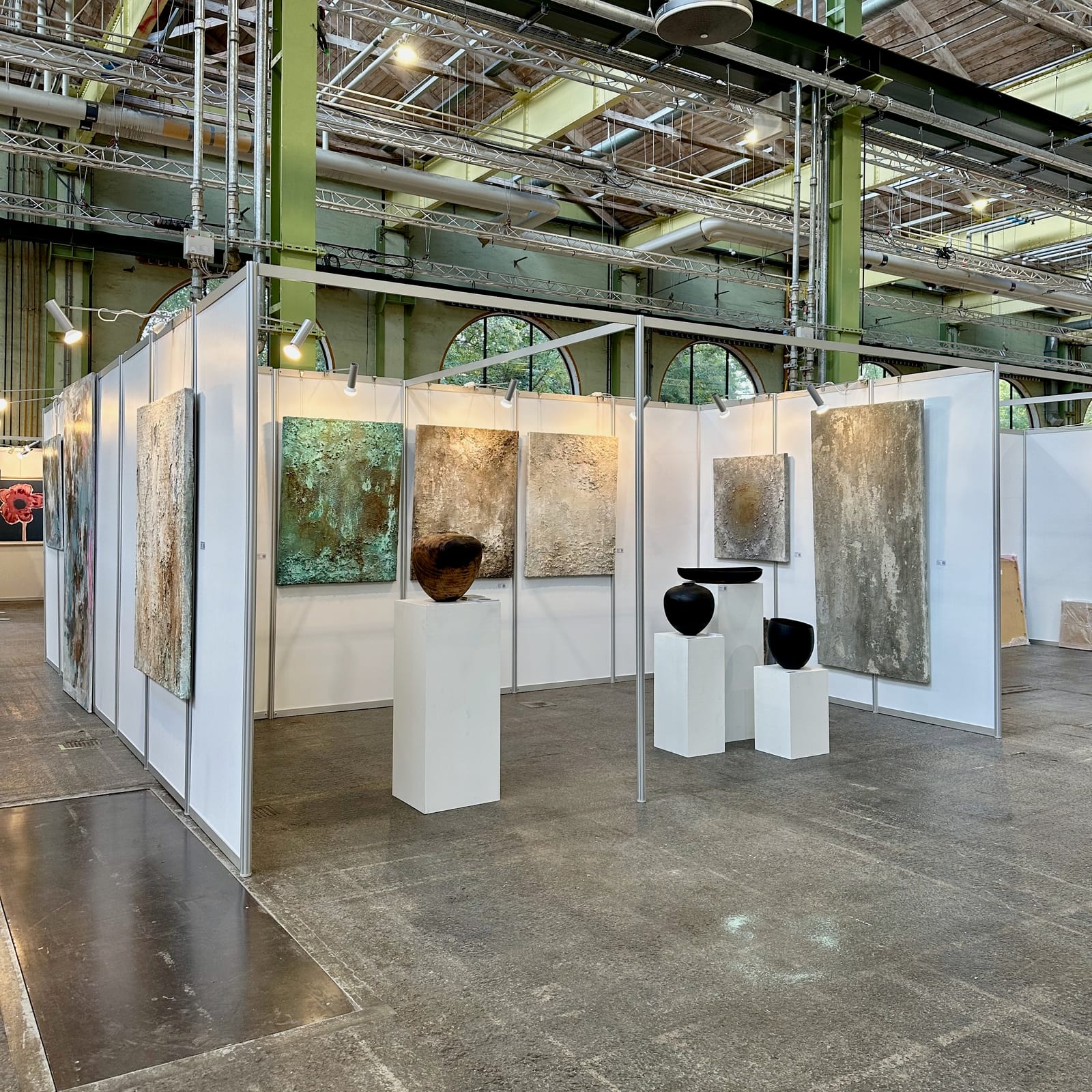Have you heard or read the author Carsten Jensen's pep talk from Højbro? Have you read or noticed the message from Extinction Rebellion:that we must immediately declare a climate and environmental emergency, stop the loss of biodiversity, and reduce our greenhouse gas emissions to net zero by 2025? Almost no matter how much some of us try to live low key, and take care of the people and nature around us, we can't help but feel that the ground beneath us is shaking: Things are going to change, and probably faster and more fundamentally than we think.
However, I would like to add one additional important point at my own expense:
If you think you have reason to fear the future, you are wrong.
An accelerated, all-encompassing green transformation of our economy, society and culture is imperative but certainly not something you should see as an evil. On the contrary. The green transition is not a punishment but draws the contours of an existence and a near future you have every good reason to embrace and look forward to.
As I recently wrote on my Instagram:
Who benefits from eating all that meat anyway? Who thinks it's fun to sit and stone all those hours, alone in their car? Who needs all those containers of China junk? Who needs all that plastic and all that crappy, way too cheap stuff? Who cares about consumer goods and status anymore?
It is not the wealth we need to chase.
If tomorrow brings a life a little more in sync with our ancient genes, with more time on the beach, and more time with our fingers in the soil; cargo bikes and shared electric cars, unsprayed fields and sustainable food production, a resurgence of recycling and repair, and a new diversity of creative entrepreneurs, there is, in turn, every reason to rejoice 🌿💚

A farewell to the classic industrial production economy which is mostly based on (too) cheap fossil fuels, will also be a farewell to the type of outsourcing of jobs that exploits slave-like wage and employment conditions, and lax environmental and working environment legislation outside the EU.
It definitely makes the world a better place.
Should we Europeans go back to producing our own stuff?
My immediate answer will be a yes—we must—and of course with a European production based on renewable energy and recycling of raw materials and resources. Of course there are challenges and of course some of the problems are not easy to solve. If we are to succeed in a rapid transformation it will require an unprecedented, joint performance of strength and also that we both as a society and as individuals are willing to abandon the economic growth paradigm.
The idea, however, is not to turn back time to the nineteenth and twentieth centuries. I am not advocating a production stop, but a production restructuring, so that the products we manufacture in the future are products with the least possible environmental impact, the most possible use value, and the longest possible lifespan. The whole idea being that we have to start seeing ourselves as just one part of the big cycle. That we realize that we share matter and energy with everything else on Earth and therefore have everything to gain by getting back in sync.
We should greatly celebrate our victories, and rejoice that we no longer live in an age where it is necessary for anyone to work themselves to death. Our starting point for a comprehensive green transformation has never been better. We can easily settle for a little less materially, when in return we can spend many more resources on experiences, on presence and quantity time with the people who mean something to us.
Are you afraid of the green transition because you fear that it will limit your individual freedom; your freedom to buy, and your freedom to travel, know that the new, green societies of the future will in return give you more time to dispose of yourself, and make you less dependent on a high monthly income. Your options for choosing your own place of residence, way of life, way of working and working hours will be far more diverse than they seem today and less dictated by the expectations of banks and growth markets.
What's not to like? 🌿








